Decyl Glucoside CAS 68515-73-1
Assay: 50%
Appearance: Light yellow liquid
Supply Ability: 1 Ton/Tons per Week
Package: plastic drum with 200kgs, or IBC drum.
Sample: Available,Assay: 50%
Appearance: Light yellow liquid
Supply Ability: 1 Ton/Tons per Week
Package: plastic drum with 200kgs, or IBC drum.
Sample: Available,Assay: 50%
Appearance: Light yellow liquid
Supply Ability: 1 Ton/Tons per Week
Package: plastic drum with 200kgs, or IBC drum.
Sample: Available,Assay: 50%
Appearance: Light yellow liquid
Supply Ability: 1 Ton/Tons per Week
Package: plastic drum with 200kgs, or IBC drum.
Sample: Available
发送询盘
Description
Decyl Glucoside Quick Details
Chemical Name: Alkyl Polyglucoside (APG)
CAS No.: 68515-73-1
MW: 320.22
MF: C16H32O6
Appearance: Light yellow liquid
Assay: 50% min
Typical Properties
Item
Specifications
Appearance?(25??)
Light?yellow?liquid
Active?matter
??50.0%
PH?(10%?aqueous?solution)
11.5-12.5
Free?alcohol
??1.0%
Ash?content
??4.0%
Viscosity?(mPa??s,?20??)
100Min
Conclusion
The?results?conforms?with?Enterprise?standards
Decyl Glucoside Application
1.APG 0810 is low toxic, low irritating to skin and readily biodegradable. So it can be widely used in personal care products and household detergents: day cream, night cream, body cream & lotion, shampoo and hand cream, etc.
2.APG? 0810 is also a good choice for industrial and institutional? cleaners, especially for hard surface cleaning and processing for its high alkaline stability and hydrotroping ability.
3.APG 0810 can be formulated in bubble water as a foam agent.
Decyl Glucoside Packaging
plastic drum with 200kgs, or IBC drum.
Decyl Glucoside Storage
It should be stored in original sealed packing in cool, dry and protected from cold place (temperature should be not more than 40C).
| 5 |
|
0 |
| 4 |
|
0 |
| 3 |
|
0 |
| 2 |
|
0 |
| 1 |
|
0 |
- 2
- 2-diallylpent-4-en-1-amine
- 4
- 95-16-9
- Ammonium sulfamate
- Benzothiazole
- cas:67889-00-3ح2
- cas:83524-75-8 | pigment black 32
- cas:928836-00-4 | 2
- cas:932745-70-5 | 4
- Chemical Minerals
- Coconut diethanolamide
- Daily Chemicals
- discount
- for sale
- General pvc resin
- hexyl D-glucoside
- in stock
- Lauramidopropyl betaine
- LAURIC ACID MONOETHANOLAMIDE
- Petroleum Additives
- Plasticiser
- Ploymers
- price
- PVC
- quotation
- Raw Materal
- Remove term: Petroleum Additives Petroleum Additive
- SODIUM ETHYL 2-SULFOLAURATE
Related Products
Chemical Name: UV-120
Other Name: (2’,4’-Di-tert-butylphenyl 3,5-di-tert-butyl-4-hydroxybenzoate)
CAS No.: 4221-80-1
Molecular Fomula: C29H42O3
Molecular weight: 438.66
Assay: ≥99%(LC)
Coconut diethanolamide is a derivative of coconut fatty acids, where the fatty acid is reacted with diethanolamine to form an amide. This compound is commonly used as an emulsifier and viscosity modifier in personal care products such as shampoos, conditioners, and creams. It imparts a smooth texture and enhances the stability of formulations. Coconut diethanolamide is valued for its ability to improve the foaming properties and skin feel of products, making it a preferred ingredient for creating luxurious and effective formulations in the cosmetics and personal care industry.
Decyl Glucoside is an eco-friendly, non-ionic surfactant derived from renewable resources. Renowned for its mildness and biodegradability, it is ideal for creating gentle, high-performing cleaning agents in personal care and household products. Its sustainable and effective nature makes it a preferred choice for green formulations.
Chemical Name: Ashwagandha Extract
Synonyms: Withania somnifera, ext.; Withania Somnefera Extract
CAS: 90147-43-6
Appearance: Brown
Chemical Name: Zinc citrate
Synonyms: Zinc citrate trihydrate
CAS No.: 546-46-3
Molecular Formula: C6H8O7Zn
Molecular Weight: 257.5
Appearance: White powder
Chemical Name: Choline salicylate
CAS No.: 2016-36-6
Molecular Formula: C12H19NO4
Molecular Weight: 241.28
Appearance: Red-Brown Crystal
Hexyl D-glucoside is a non-ionic, plant-based surfactant derived from renewable resources such as corn or potato starch. It is recognized for its excellent skin compatibility and mildness, making it a preferred choice for formulations in personal care products, especially those targeting sensitive skin. With its superior solubilizing and foaming capabilities, it enhances the sensory experience of the product without compromising its gentleness. Its eco-friendly profile and biodegradability also align with green chemistry principles, appealing to consumers seeking sustainable product options.
Chemical Name: 3-Hydroxybutyric acid
CAS No.: 625-71-8
Molecular Formula: C4H8O3
Molecular Weight: 104.1
Appearance: White powder
Common English name: 5-iodo-2,3-dihydropyridazin-3-one
CAS No.: 825633-94-1
Molecular formula: C4H3IN2O
Molecular weight: 221.98
Sample: Available
Decyl glucoside, scientifically known as ??-D-Glucopyranoside, is a non-ionic surfactant derived from renewable resources, such as glucose and fatty alcohols. It is a biodegradable and mild alternative to traditional surfactants, making it a preferred choice for eco-friendly and sensitive skin formulations.
This compound is characterized by its ability to form stable emulsions and foams, which are essential properties in a variety of applications, including personal care products and household cleaning agents. Decyl glucoside is valued for its low irritation potential and excellent skin compatibility, making it suitable for use in baby care and cosmetic products.
Chemically, decyl glucoside features a hydrophilic head and a hydrophobic tail, allowing it to effectively reduce surface tension and solubilize oils in water. Its mildness and biodegradability contribute to its use in formulations that require gentle cleansing without compromising the integrity of the skin’s natural barrier.
In summary, decyl glucoside is a versatile and sustainable surfactant that offers a balance of performance and safety. Its eco-friendly profile and compatibility with sensitive skin types make it an ideal ingredient for a wide range of personal care and cleaning products.
Chemical Name: 1,1,2,2-Tetrachloroethane
Other Name: Tetrachlorethane
CAS No.: 79-34-5
Molecular Formula: C2H2Cl4
Molecular Weight: 167.85
Appearance: Liquid
Chemical Name: Ammonium Iron(II) Sulfate
Synonyms: Diammonium iron bis(sulphate); iron (ii) ammonium sulfate
CAS No.: 10045-89-3
Molecular Formula: FeH5NO4S
Molecular Weight: 170.95

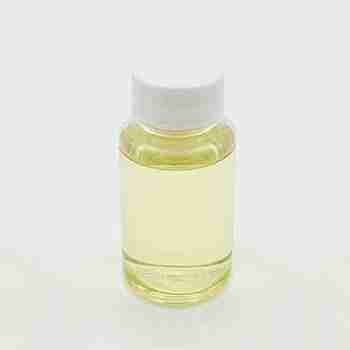
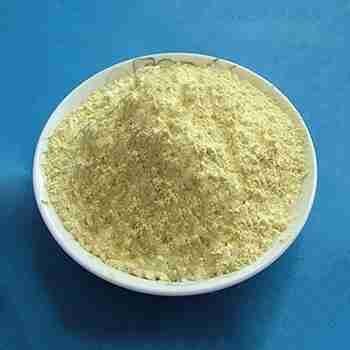
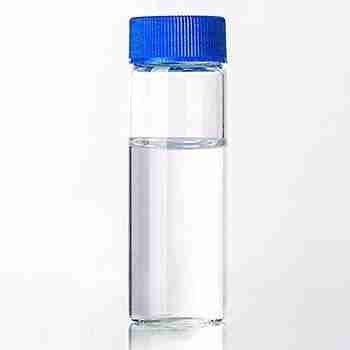
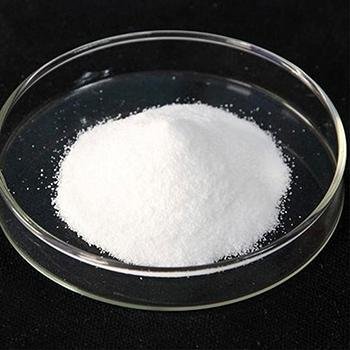
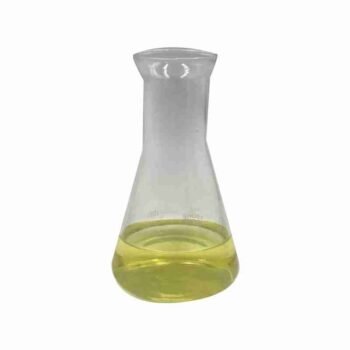

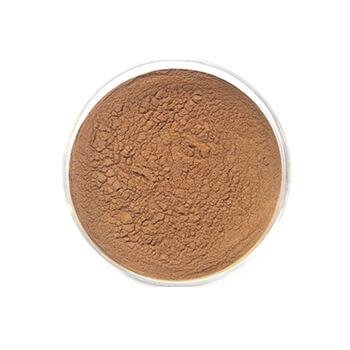
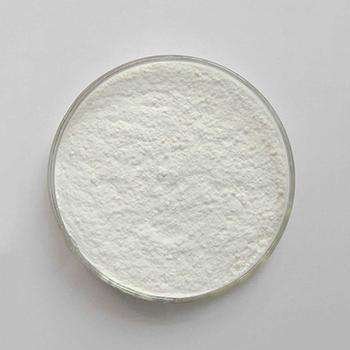
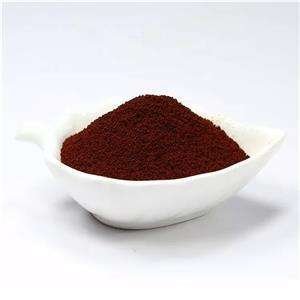
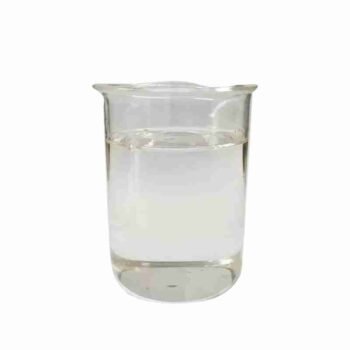
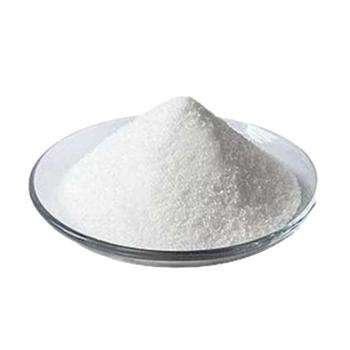
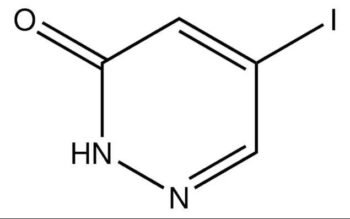

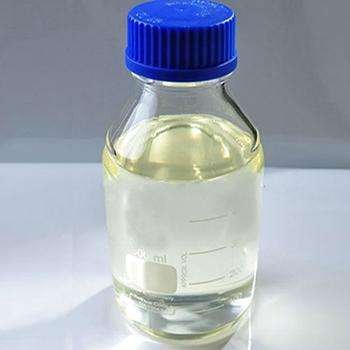
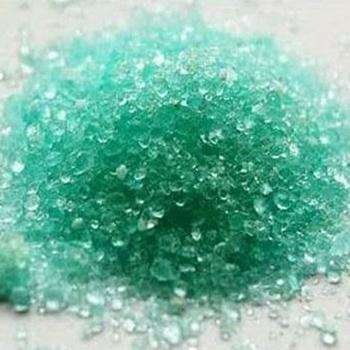
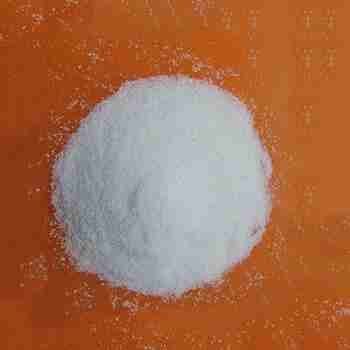
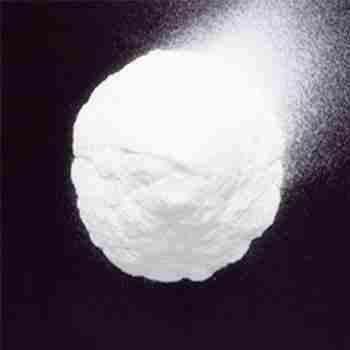
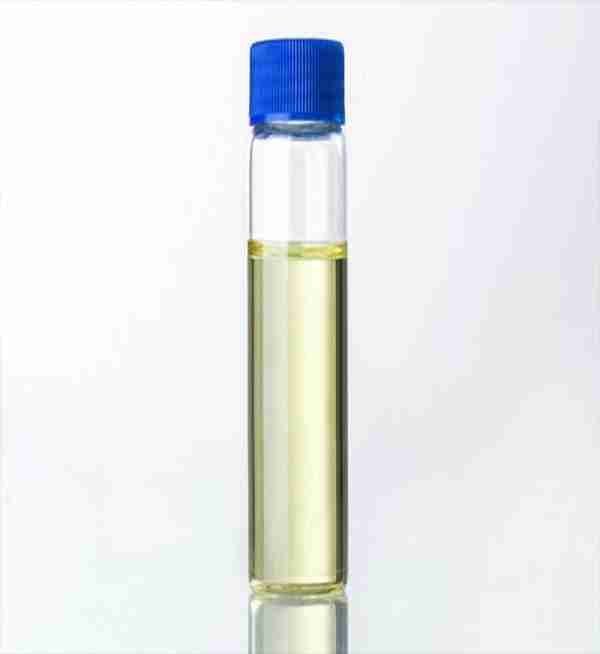
Reviews
There are no reviews yet.